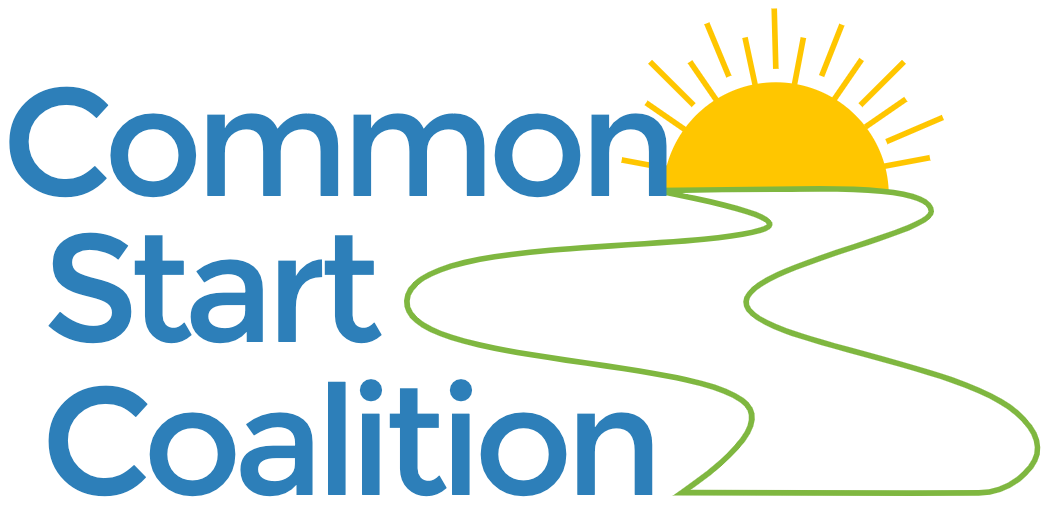Report: Parents Could Save, Work More With Early Care Subsidies – Rumba
Legislation that would offer families financial assistance with the cost of early education and child care and address the stability of the industry would lead to huge increases in the percentage of young kids in such programs and would dramatically reduce the cost burden for families, a new report from the University of Massachusetts Boston found.
Having child care be more accessible and affordable would also allow more people, particularly women, to work or work more…
Filed in January by Sens. Jason Lewis and Su Moran (S 301) and Reps. Adrian Madaro and Ken Gordon (H 489), the bills will get a hearing before the Joint Committee on Education next Tuesday at 11 a.m. in Gardner Auditorium.
The report found that almost half of all Massachusetts families with children under 14 (or under 17 for children with special needs) would be eligible for the legislation's proposed financial assistance, saving the average eligible family $13,260 per year and reducing the percentage of their family income going to child care from an average of 17.2 percent to an average of 4.3 percent.
And more kids would be enrolled in licensed child care and early education programs because of the availability of financial aid: up from 55 percent to 75 percent of infants, from 66 percent to 82 percent of toddlers; and from 64 percent to 76 percent of preschool children, the report said.
With more kids enrolled in child care, an estimated 10,400 mothers would enter or re-enter the workforce, and 21,000 currently employed parents would increase the number of hours they work, the report found. The overall family poverty rate would fall from 15.5 percent to 14.1 percent.
"This report confirms that solving the child care crisis in Massachusetts is both achievable and necessary. Previous research has found that Massachusetts loses $2.7 billion each year due to inadequate access to child care; we can't afford not to act," said Deb Fastino, director of the Common Start Coalition, referring to a 2022 report from the Mass. Taxpayers Foundation.
The Common Start Coalition said the legislation is co-sponsored by a majority of legislators in both branches; 102 representatives and 28 senators.
